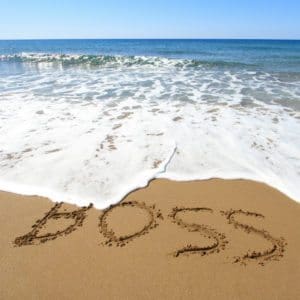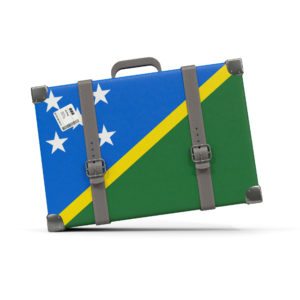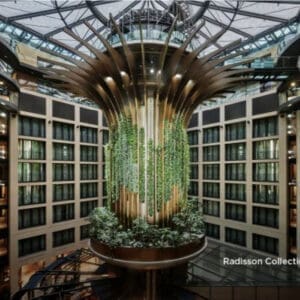 Acknowledging the scale and complexity of the challenge of illegal wildlife transportation, Qatar Airways signed the Buckingham Palace Declaration in March 2016 as one of a small group of aviation industry leaders invited to attend the signing ceremony in London, to demonstrate their commitment to protectingÊwildlife from illegal trade and transportation.
Acknowledging the scale and complexity of the challenge of illegal wildlife transportation, Qatar Airways signed the Buckingham Palace Declaration in March 2016 as one of a small group of aviation industry leaders invited to attend the signing ceremony in London, to demonstrate their commitment to protectingÊwildlife from illegal trade and transportation.
Qatar Airways has a policy of zero tolerance towards the illegal transportation of endangered species through its network and is dedicated to delivering its commitment to the Declaration, including raising employee and passenger awareness of illegal wildlife transportation, improving detection of illegally transported wildlife and sharing intelligence and best practice within the industry.
Qatar Airways Group Chief Executive, His Excellency Mr Akbar Al Baker, said:
ÒQatar Airways remains faithful to our commitments to the Buckingham Palace Declaration.ÊSince signing the Declaration, we have ramped up efforts on all fronts in the fight against illegal wildlife trafficking. This month we launched an extensive passenger awareness campaign, and our customers will start to notice our new wildlife posters appearing at our Doha hub, Hamad International Airport, and at strategically selected outposts worldwide. Passengers will find more information on-board with a new video appearing on our in-flight entertainment system, Oryx One, and a feature-length article included in the November issue of our in-flight magazine, Oryx.Ó
Qatar Airways is also in the final stages of developing a specially tailored e-learning package to improve the capacity of its workforce to identify and manage suspicious activity relating to illegal wildlife transportation. The training, which will be rolled out later this year, will be targeted at staff most likely to encounter illegal wildlife trafficking, including cargo and customer-facing roles.
Qatar Airways Cargo, the third largest air cargo carrier in the world, implements rigorous procedures in their requirements of consignors, in an enhanced effort to prevent and detect misconsignment, one of the primary ways that this illegal trade is carried out.
The illegal trade of wildlife is the fourth largest black market in the worldÑworth approximately USD $20 billion annuallyÑand affects more than 7,000 species of animals and plants. Criminal organisations involved in wildlife trafficking are often directly connected to other trafficking networks, including the smuggling of narcotics, arms and people. Wildlife traffickers regularly exploit the increasing connectivity of global transportation, threatening human health and security, creating risk throughout industry supply chains and pushing animal species into extinction.
Aware of the scale of this problem, Qatar Airways has developed a global collaborative network including government authorities, international regulators and sector experts such as the USAID ROUTES Partnership (Reducing Opportunities for Unlawful Transport of Endangered Species). It also maintains highly cooperative relationships with other international carriers, freight forwarders and customs agents to ensure transparency and effective information exchange and to increase deterrence and detection of this criminal activity.















